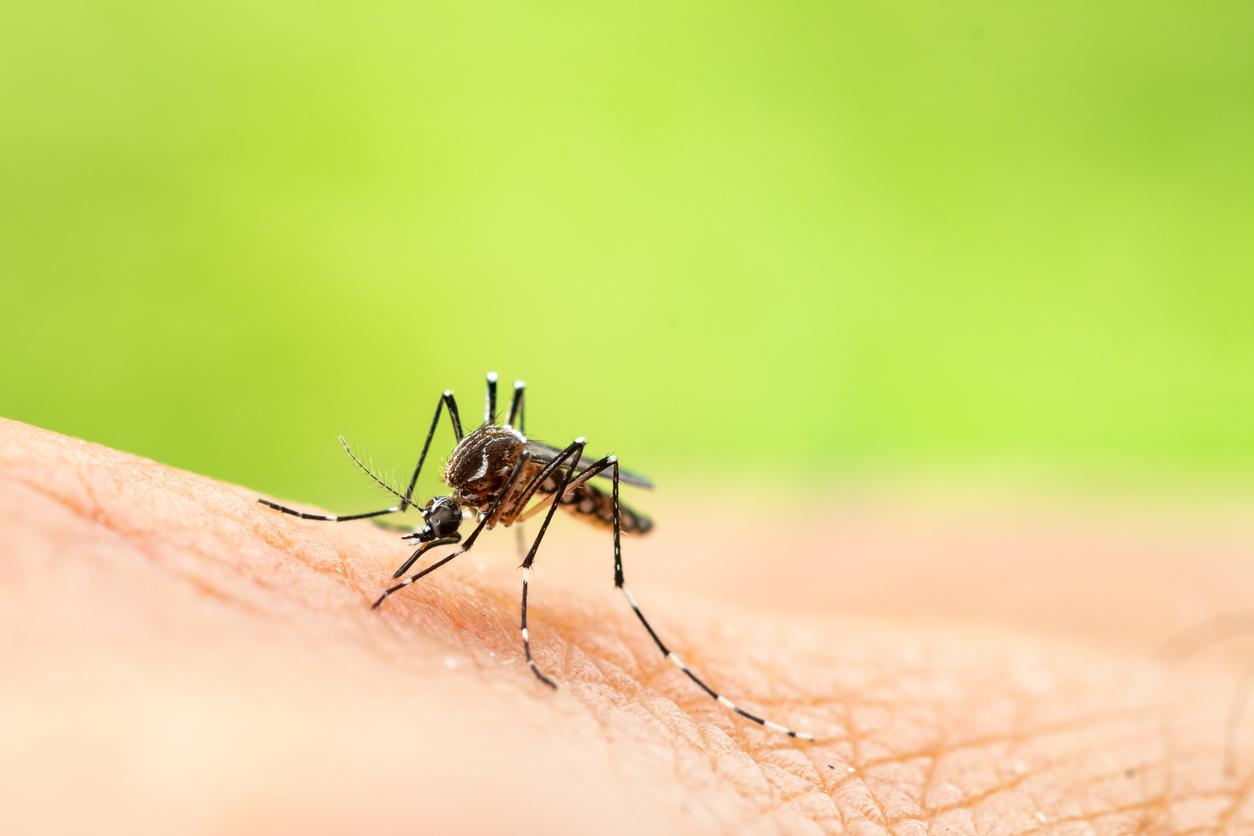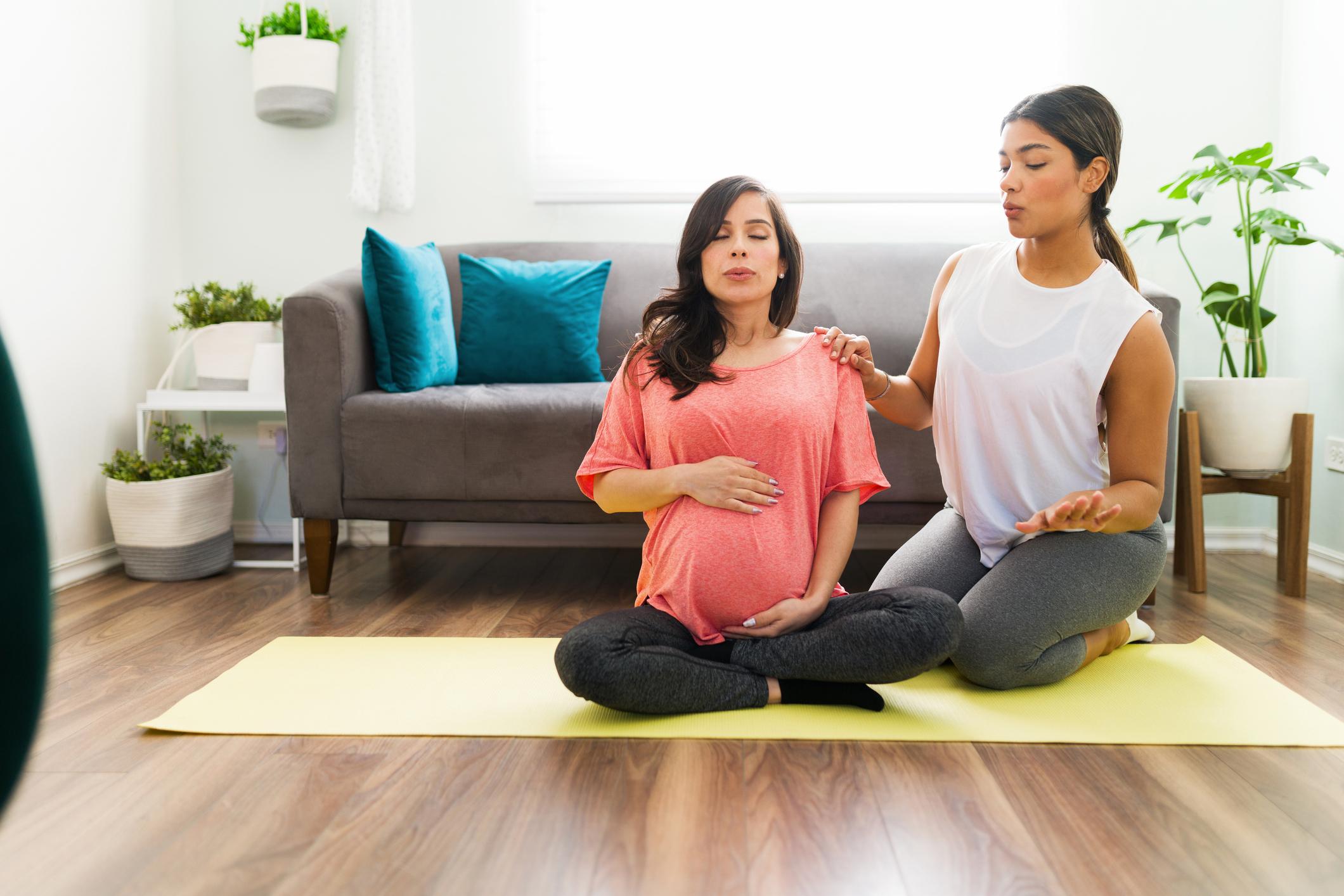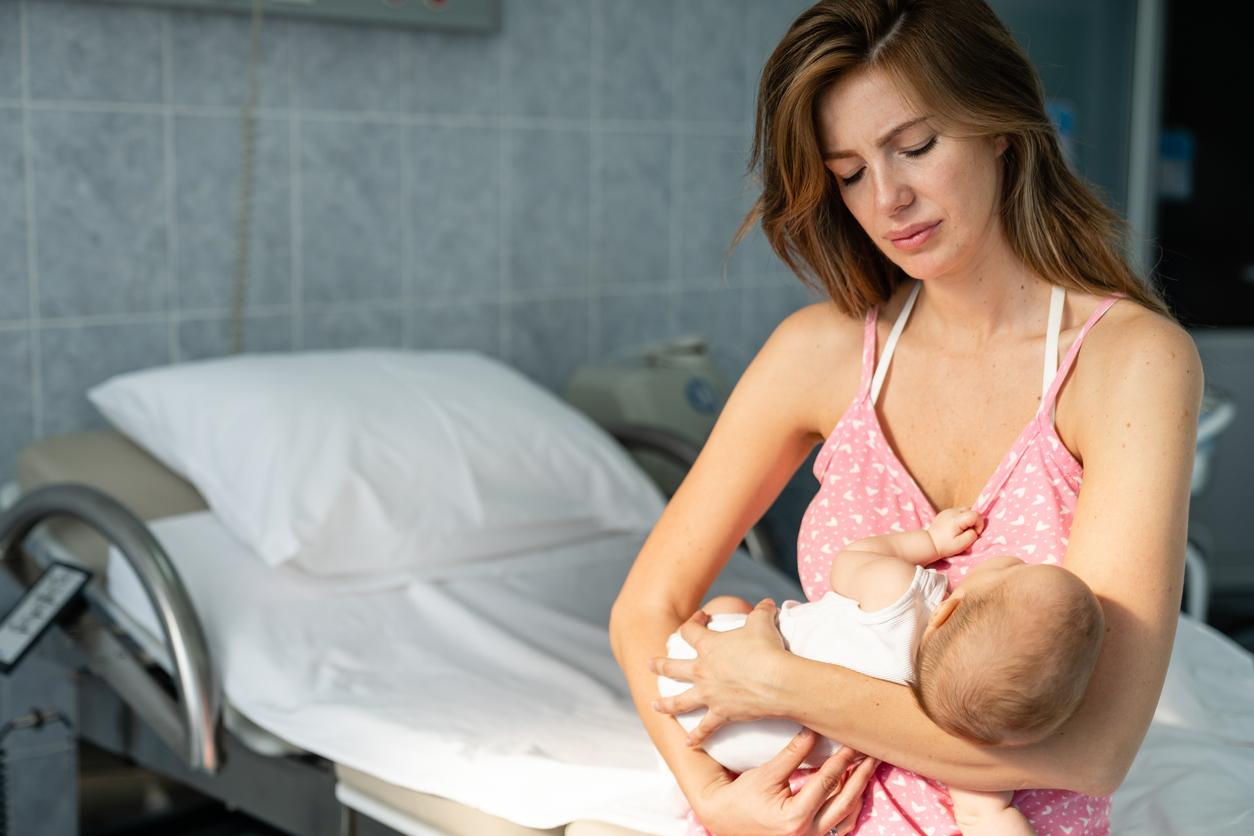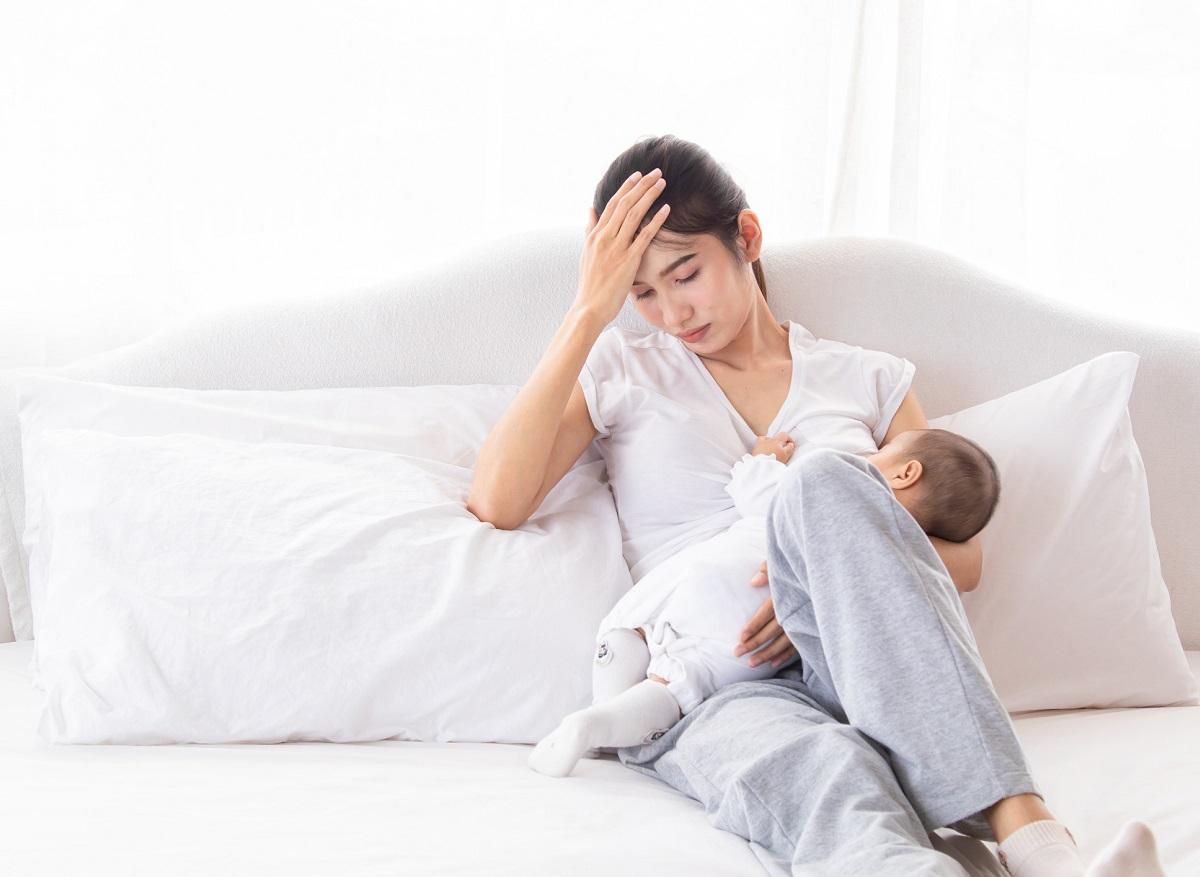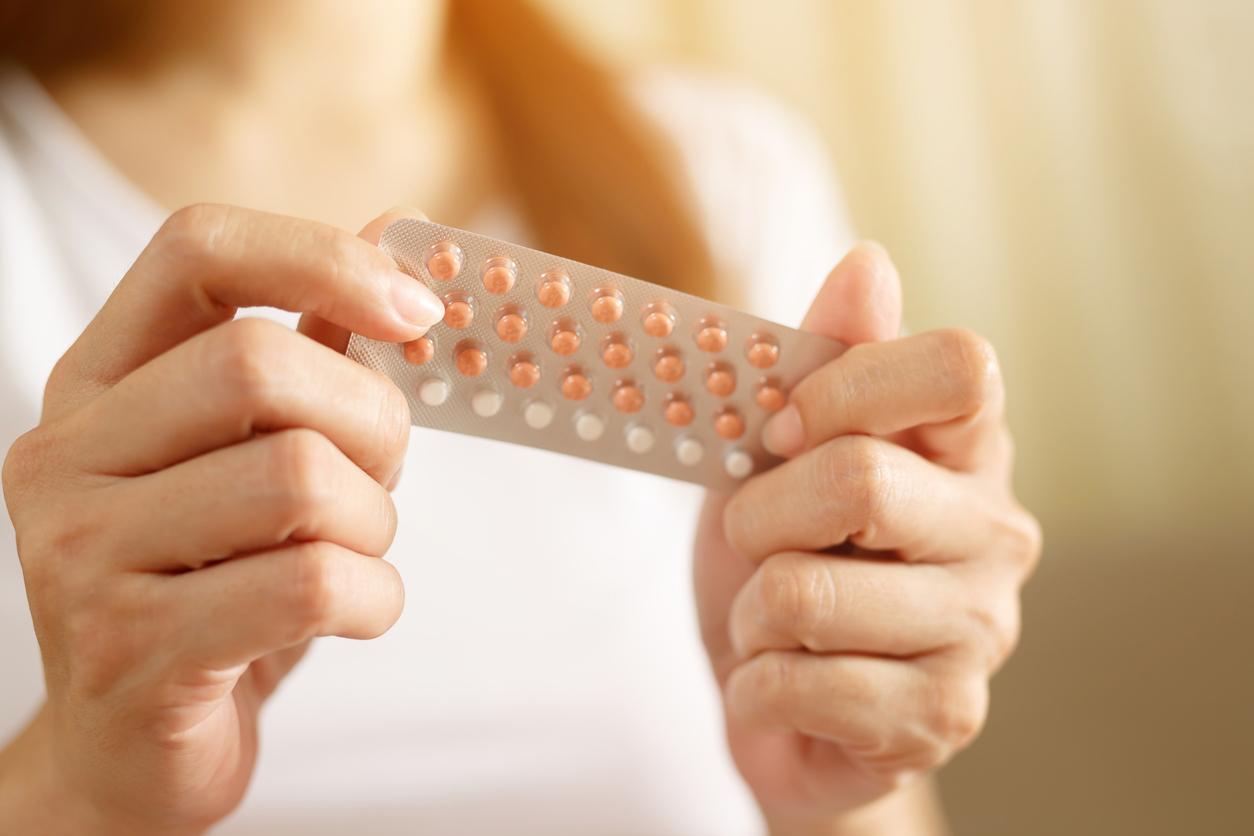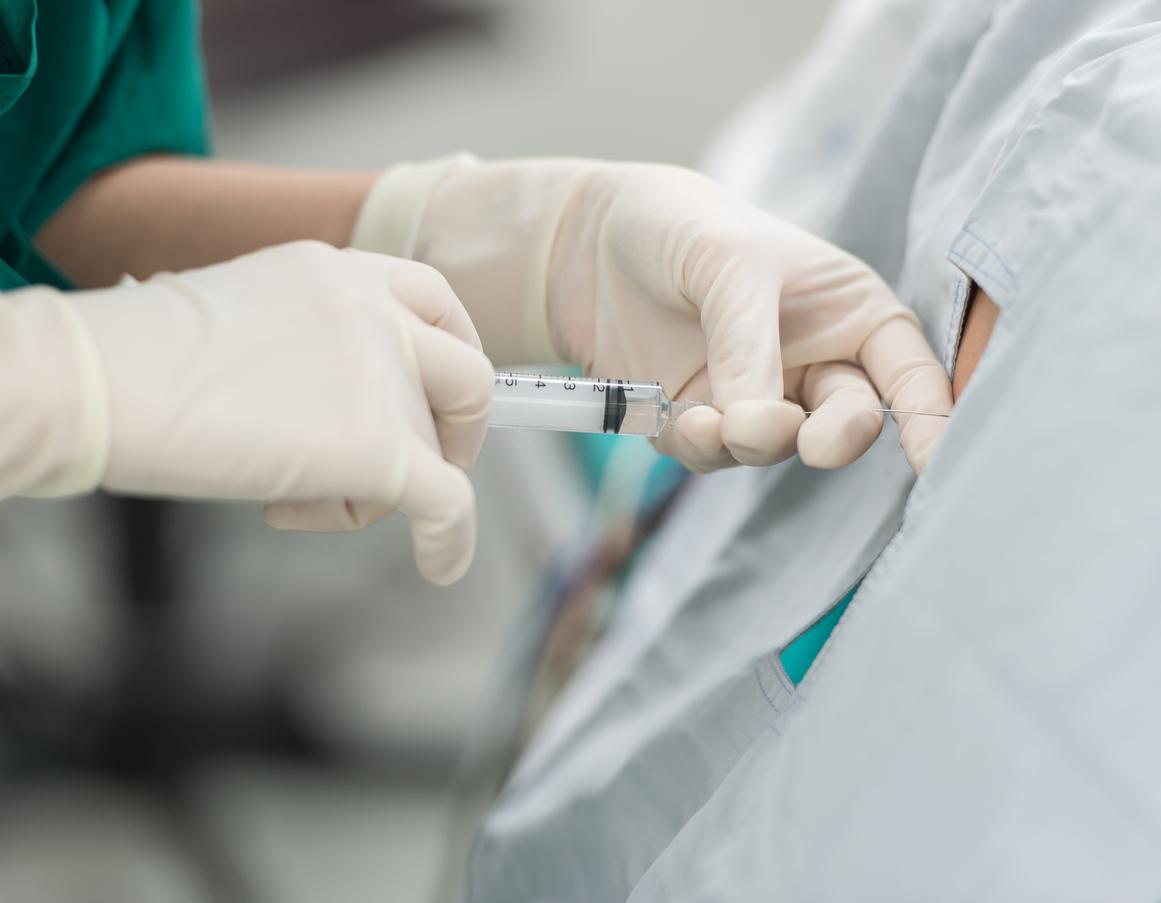A year ago, Illana Weizman, a doctoral student in media sociology at Tel Aviv University, shared her postpartum on Instagram. Today, she publishes a book, entitled “This is our postpartum: defeating myths and taboos to emancipate oneself”, published by Marabout. Through this book, she pleads for better care for women who have just given birth, and a deconstruction of myths around motherhood.
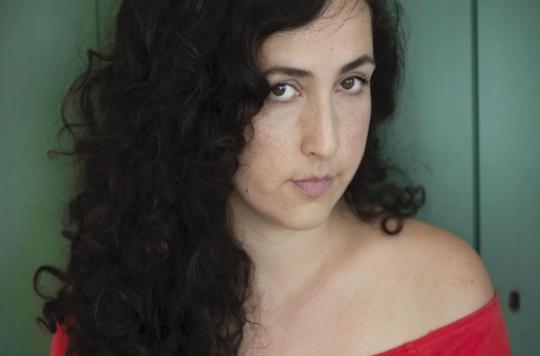
– In February 2020, you post a photo of yourself and a text on Instagram to tell the reality of postpartum, in the context of a rather realistic advertisement about this period of women’s lives, censored by the Academy of Oscars and ABC news : what prompted you to make this publication?
Illiana Weizman: When I discovered the censorship of this advertisement, I was angry, but anger is a driving force in my commitments. I didn’t really realize what I was doing and posted this photo in a second. I needed to do something and I said to myself: “we censor this body, so, on my small scale, I’m going to post a photo of me during my postpartum.“A few women had already done it in the United States, including Ashley Graham (an American model, editor’s note).
See this post on Instagram
– You then say:here I am, wearing an adult diaper, mopping up the blood that pours in for days and weeks, belly still swollen, uterus still stretched out, contractions gently pushing it back into place, legs blue, stitches pulling, the impossibility of sitting down without pain, burning urine, the impression of being passed under a steamroller. . At the time of your postpartum, you did not tell anyone about it…
I.W. : No, not even to my husband, or half a word, I never cried in front of him, but always when I was alone, in the toilet or the bathroom. In these moments, we feel isolated, we think that if no one talks about it. For example, I’m very close to my mother, but she didn’t tell me about it. When things were not going well, I tried to ask her questions, to ask her if it had been hard for her too, but she told me no, that children are wonderful. The dominant discourse is so anchored that the mothers integrate it and bring it out in turn. When you become a mother, there is this omnipresent idea that the only emotion you can feel is happiness. Anything dark, we can’t talk about. This has consequences for the mother, but also for the whole family unit.
– What was the echo of this publication?
IW: There were lots of shares and reactions, I felt that something quivered. Right after, I offered to write a forum for the site Cheek Magazine. Then there was a liberation of speech: women wrote to me to tell me about their postpartum, even though they did not know me. I found it incredible: they hadn’t told anyone about it and were now sharing it with a stranger. With three other activists, Ayla Linares, Morgane Koresh and Masha Sacré, we had the idea of launching a hashtag on Twitter #MonPostPartum. We said to ourselves that it could have an echo, but we didn’t think it would take on such a magnitude: between 10 and 15,000 people took it up within 24 hours. The media contacted us afterwards, and that shed some light on this subject.
– How was the book project born?
IW: Within a week of launching the hashtag, I had an editorial proposal. I was delighted because it made it possible to dig into the question of the postpartum period and to register this fight in time, unlike social networks where things are rather ephemeral.
– What message do you want to convey with this book?
IW: I would like it to allow women to free themselves, to be a tool for raising awareness. This is not an individual problem, on the contrary, the problem is collective and due to a system that abandons us during this period. When we have integrated this, then we can get out of the guilt and manage to talk about it. In the long term, there needs to be a system change, an end to the patriarchal model of motherhood.
– What could allow this change?
IW: One in five women is affected by postpartum depression: it is a public health problem, so appropriate policies are needed to allow significant support after childbirth. This requires investments and reforms, such as parental leave. The co-parent must be as present as the mother. It is a chaotic period, of convalescence and which has many consequences. Sharing tasks from the outset helps prevent inequalities between the two parents from widening. When the co-parent is less present, it is inevitable, he is less invested, therefore less expert, and the mental load rests on the mother. It can be for such simple things as knowing what cream to put on when the child has a red bottom, there is an accumulation of small details that create this load.
– In supporting women, are there countries where care is better provided?
IW: Yes, I’m thinking of the Netherlands for example: during the first eight days after childbirth, a midwife is present every day, for eight hours to assist the mother with first aid, the start of breastfeeding . In France, there are things too, but they should be developed and especially mothers should be informed of their existence. I am thinking in particular of the ten or so parent-child units, which are multidisciplinary structures, of the Prado, a system to help people return home with, in particular, monitoring by a liberal midwife, or even of the TISF, a technician from the social and family intervention mother and child, whose role is to help families.
– What do you want to do now ?
IW: I will continue to talk about it again and again, to help other people. I still receive a lot of messages from people, who tell me that they talk about it around them, to pregnant friends, etc. Above all, I intend to help the global movement around the postpartum, so that there are real political changes.





